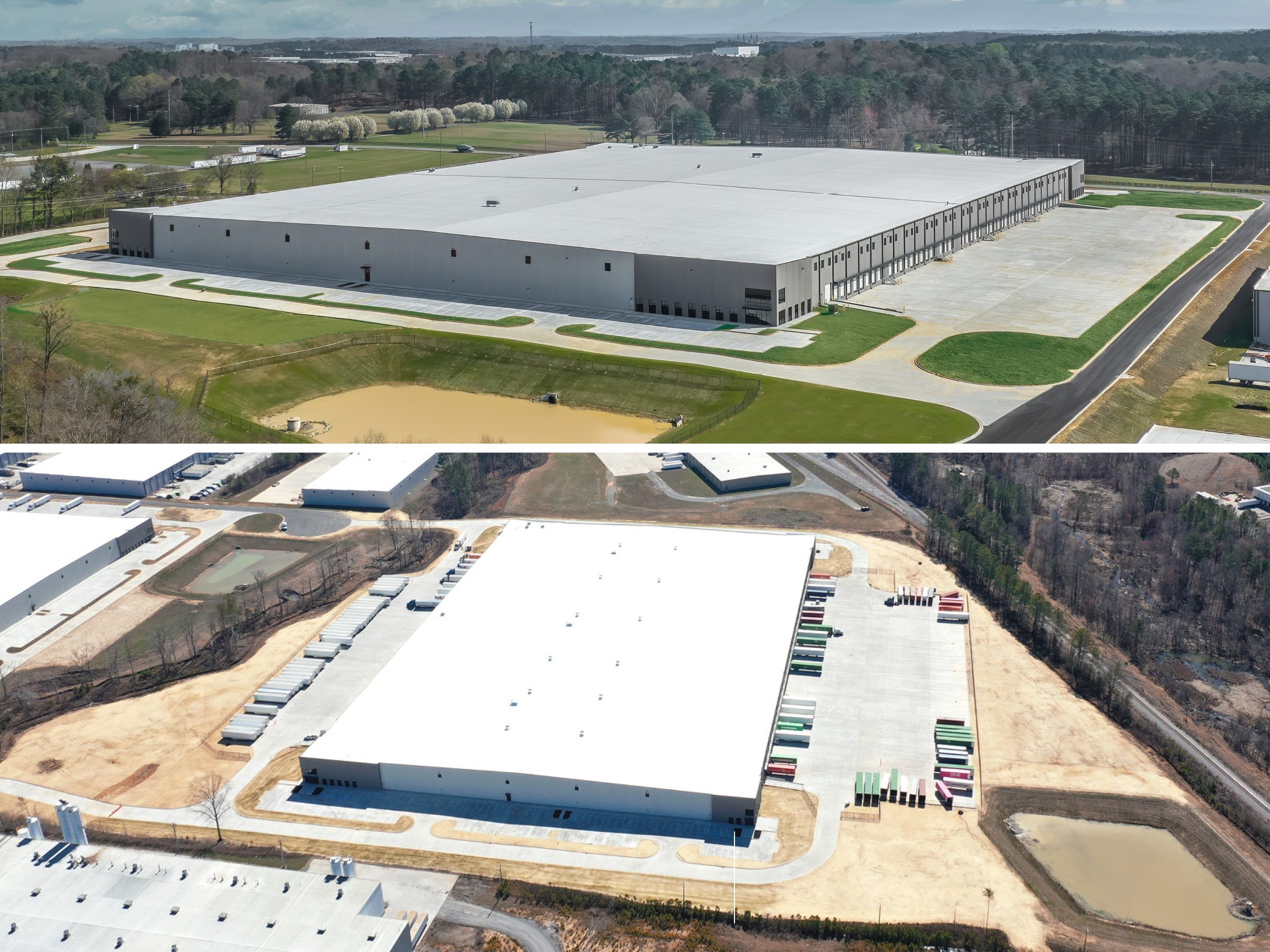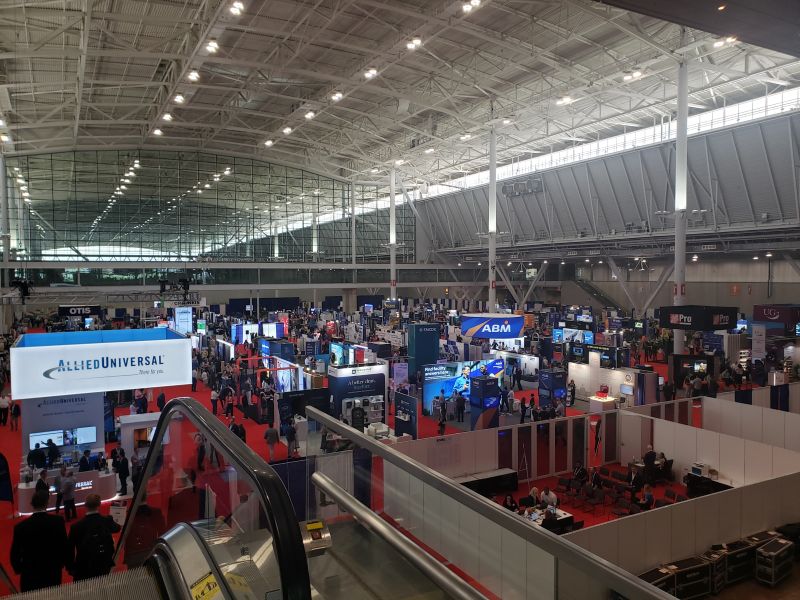CRE Outlook: More Financing, Payment Innovation to Come
Ten-X Commercial’s Maureen Waters forecasts the transformative effects that cryptocurrencies and crowdfunding platforms will have on commercial real estate transactions.
By Alexandra Pacurar
Industry reports on what’s ahead all put tech at the forefront of the commercial real estate (CRE) business. Deloitte’s outlook for 2019 concludes that agility will be the differentiating factor for companies striving to stay ahead of the game and those struggling to keep up. Flexibility is another one.
Using tech tools offers advantages but also brings on challenges that are mostly related to cybersecurity and the consumer’s mentality. Maureen Waters, chief commercial officer of Ten-X Commercial, shares her views on the CRE tech revolution and her predictions.
What are some of the main trends driving CRE’s growth?
Waters: I think there’s a few major trends to mention, the largest being the proliferation of technology. The industry’s move towards adopting technology has given rise to a slew of new tech tools like machine learning/artificial intelligence (AI), VR and big data, all of which have had a major impact on the industry. For example, having access to data used to be considered a competitive advantage in the CRE space. Now, with the proliferation of tech, access to data is becoming more democratized and instead, key differentiators are based on how a company or an individual analyzes and leverages that data.
Blockchain is another huge trend that will change real estate investment and transactions in years to come. It’s giving rise to new ways to invest in CRE through crowdfunding platforms and applications. Plus, blockchain could also continue to help the industry democratize data. When you add in the economic factors, such as potential interest rate changes, it’s certainly an exciting time in the CRE space.
What are the hottest markets for CRE investment today?
Waters: The hottest markets for CRE investment today really vary depending on the segment. For example, if you’re looking to buy multifamily properties, Houston and Raleigh-Durham currently top our list of “buy” markets according to our latest quarterly sector report. Our office sector report lists Nashville and Kansas City, Mo., as top “buy” metros, while our retail sector report found Austin, Denver and Houston to be the best metros to purchase properties. Los Angeles, San Jose and Oakland are the (best) metros for industrial properties. When it comes to the hottest markets, it really depends on an individual investor’s goals.
How has the CRE industry changed in the 10 years since the financial crisis?
Waters: The industry has changed in many ways since the financial crisis and yet, some things remain the same. For example, there have been major consolidations from M&A activity, so the same big players are getting even bigger. There also seems to be a lot of transitioning of talent between companies with new, smaller firms beginning to enter the space.
There have been new tech tools that launched during the last decade that have automated some of the tactical areas within brokerage, while the more strategic tasks continue to be owned by the broker. The largest change has definitely come from the increase of technology in CRE and beyond.
How has technology evolved since the crisis, and what changes can we expect in the future as a result of new technology?
Waters: I’d say that technology has rapidly evolved during the past decade and has greatly changed the way people live their lives, do business and interact with one another. Things like mobile, e-commerce and the Internet of Things (IoT) have significantly changed CRE, as well as many other industries and markets. For example, things need to be mobile and (accessible) on the go, the rise of e-commerce has shifted the value proposition for retail properties while increasing demand for industrial properties and IoT has created a whole market for smart buildings and associated services.
There’s been a rapid increase in proptech companies and tools that I think will only continue in the future. Access to data and new solutions that analyze and leverage data will continue to be a key factor in how the industry evolves. Plus, as new technologies like blockchain really take hold, we’ll see even further fundamental shifts in the CRE space and beyond.
How are CRE brokers adjusting to new broker technology? Are they quick to adapt or still hesitant?
Waters: Brokers were historically slow to adapt to technology, but they’re increasingly adopting new tech tools and platforms. Now brokers see how many of the new solutions available today can be useful in helping them become more productive, thus enabling them to do more deals. It even seems like brokers are now actively searching for new tech tools and solutions that help them do more deals and offer their clients new services or insights.
What challenges will CRE face in coming years?
Waters: Outside of potential economic and political challenges in this late-stage cycle, I think one of the bigger challenges to come will stem from the CRE industry’s historical need to control and not share data. Technological changes will likely force the industry to democratize access to data and the more the CRE industry tries to control access, the more likely that will hold the industry back. The real advantage now is not so much having data, but how you analyze, digest, leverage and apply data to help clients make strategic decisions.
What are your predictions regarding the industry going forward?
Waters: There will continue to be a lot of new asset management-focused proptech solutions that help make buildings more efficient or provide new tools for property and lease management. I believe that we’re on the cusp of even further tech innovation around financing and payments. As I mentioned before, blockchain, cryptocurrencies and the rise of crowdfunding platforms are going to fundamentally change the way CRE is transacted.
We’re excited for this next round of innovation as our platform has been built and refined over the last nine years to streamline and simplify CRE transactions. As the industry evolves, we’re uniquely positioned to help brokers, buyers and sellers transact CRE while taking advantage of the latest innovations in big data, AI and more.
Image courtesy of Ten-X








You must be logged in to post a comment.